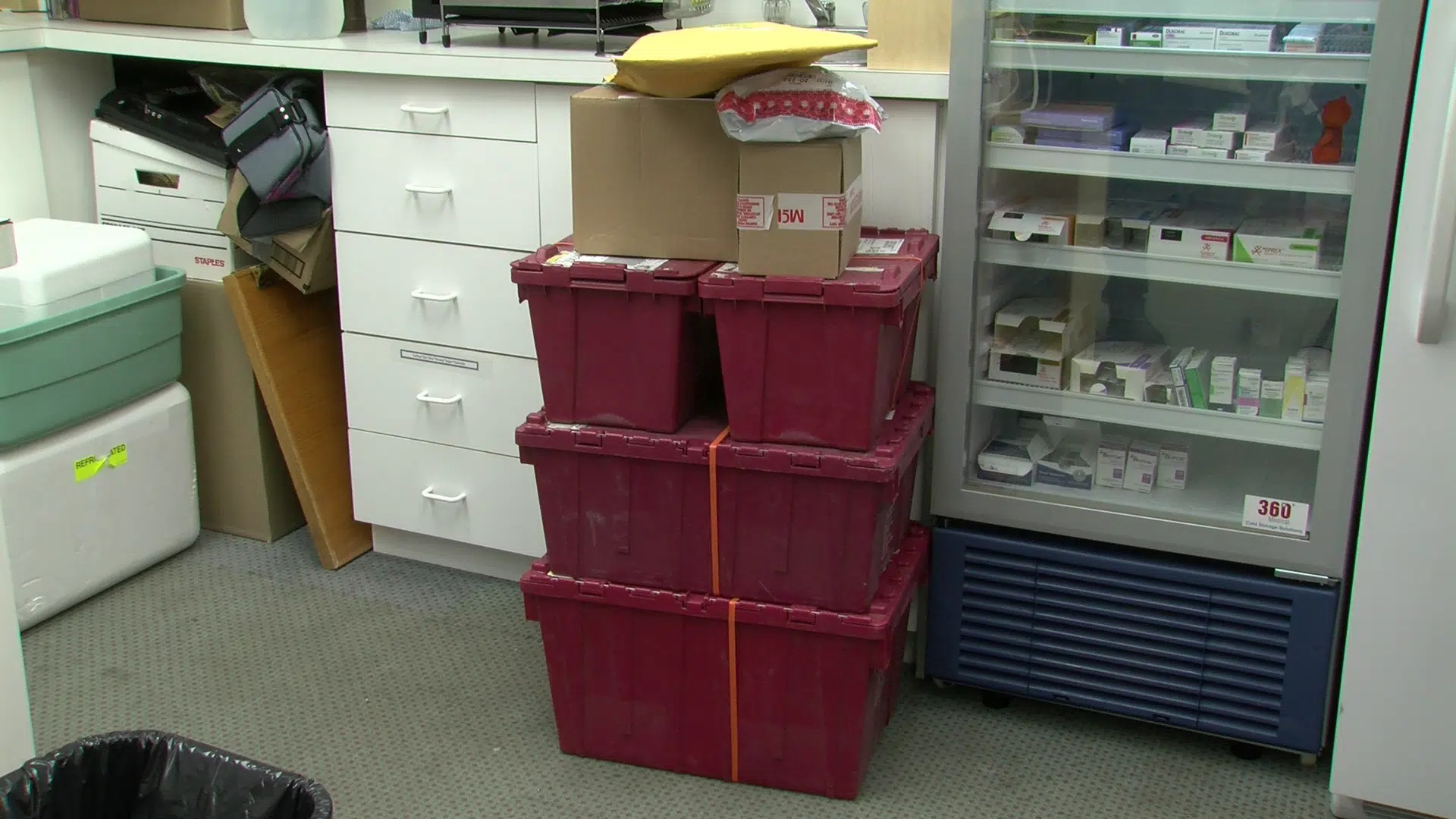
Pharmacists concerned about prescription drug shortages
MEDICINE HAT, AB — Several pharmacies across Canada are sounding the alarm over prescription drug shortages.
And one local pharmacist says the problem could get worse.
“The drug shortages are bad now, but now with the new pricing structure, they’re going to get worse,” says Greg Bueckert, a practising pharmacist for the past 43 years.
